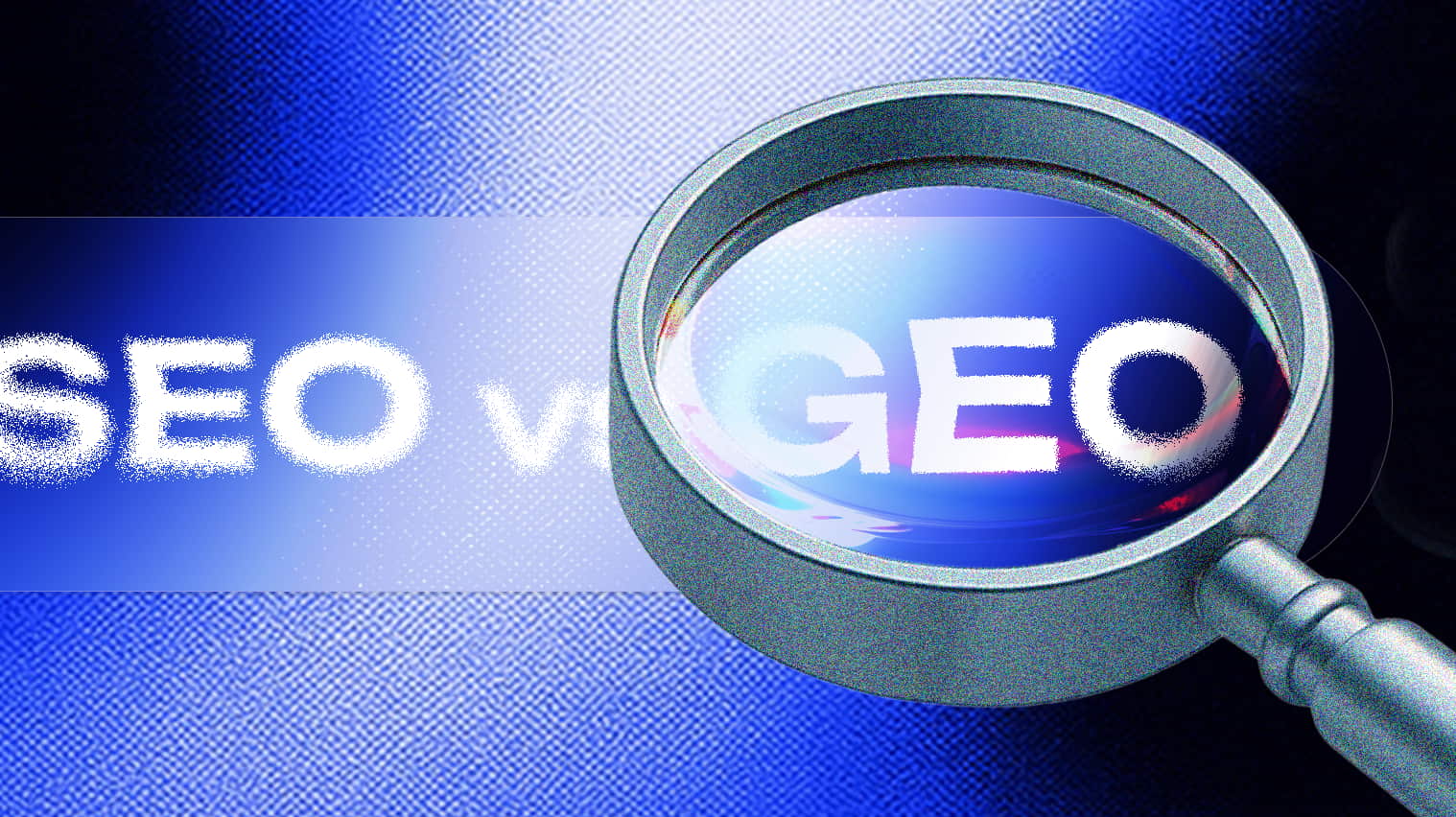
Discover how search works in the present. Learn the difference between classic SEO and Generative Engine Optimization (GEO) to win visibility in AI search.
Search isn’t dead—it’s just evolved. In 2025, we’re no longer talking about a simple list of blue links. Instead, we’ve entered a two-layer system: the classic search index and the AI summary layer that sits on top. Understanding both is now non-negotiable if you want your brand to be visible, trusted, and clicked.
The backbone of visibility hasn’t changed much. Search engines still crawl, render, and index your pages, then rank them based on:
In short: be useful, be trustworthy, be fast, be current. Classic SEO is still the foundation.
AI search behaves more like a smart librarian. Instead of just listing links, it runs mini-searches, scans multiple sources, and produces a short summary with citations. The twist? AI engines don’t cite evenly. Research shows:
That means your page isn’t enough on its own. AI wants justification-rich passages—clear answers, quotable facts, comparison tables, and even claim→evidence bundles (“Rated #1 for safety — Consumer Reports, 2025”).
This is where GEO comes in: optimising not just for rankings, but for citations inside AI answers. It’s a different game. Key shifts:
Localisation – GPT and Perplexity rebuild answers using local-language sources, so translation alone isn’t enough. You need local earned authority.

Winning in AI search means going beyond traffic pages:
At Studio 34, we see this as the natural evolution of SEO. Classic tactics keep you listed. GEO gets you cited. That means being machine-readable, quotable, and backed by credible third parties.
This isn’t just SEO—it’s performance marketing for the AI search age.
Want to make ideas perform in 2025’s search landscape? We’ve got a unique opportunity for you: our first networking event is taking place on 14th October at The Red Kite Pavilion, Aston Clinton.
Register your interest today to secure your spot!